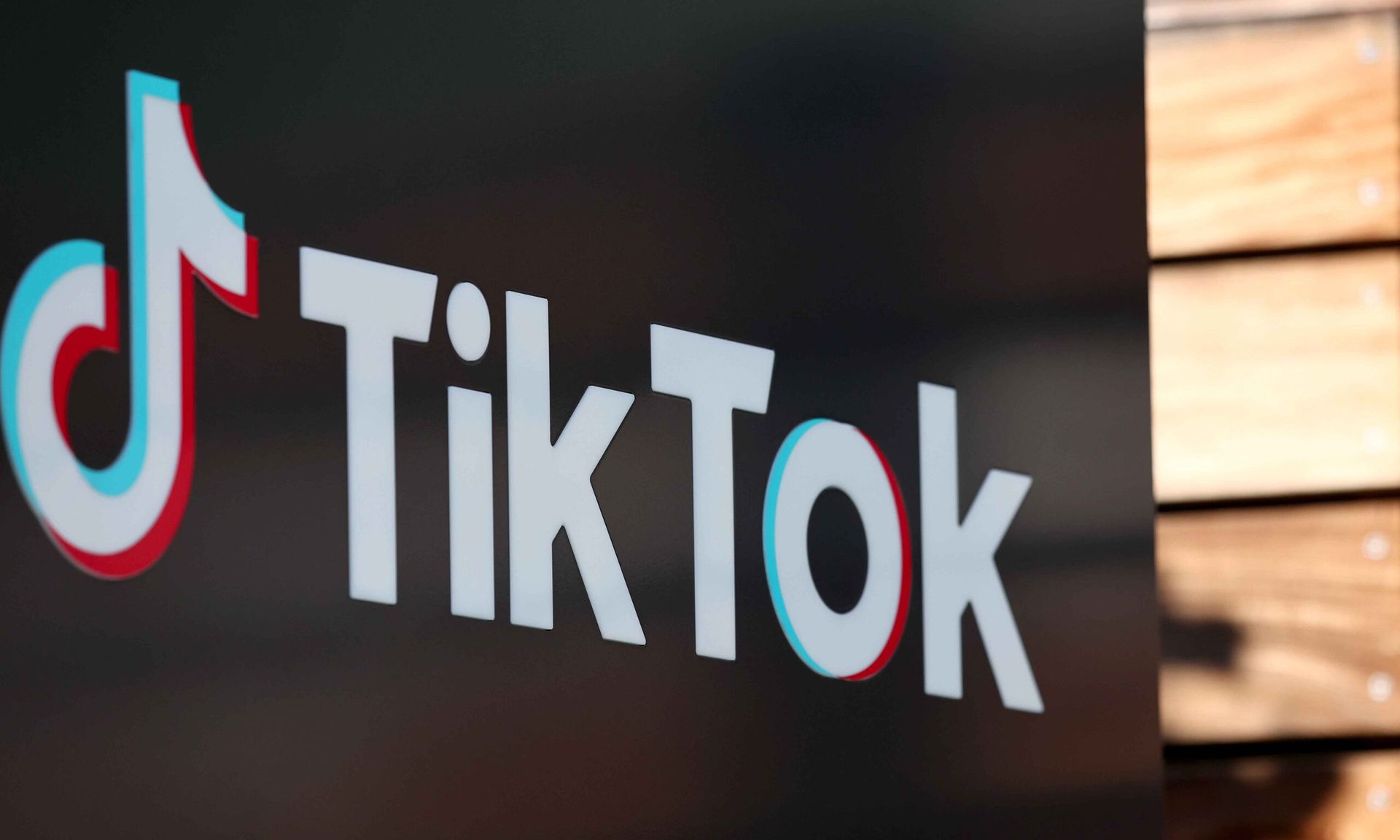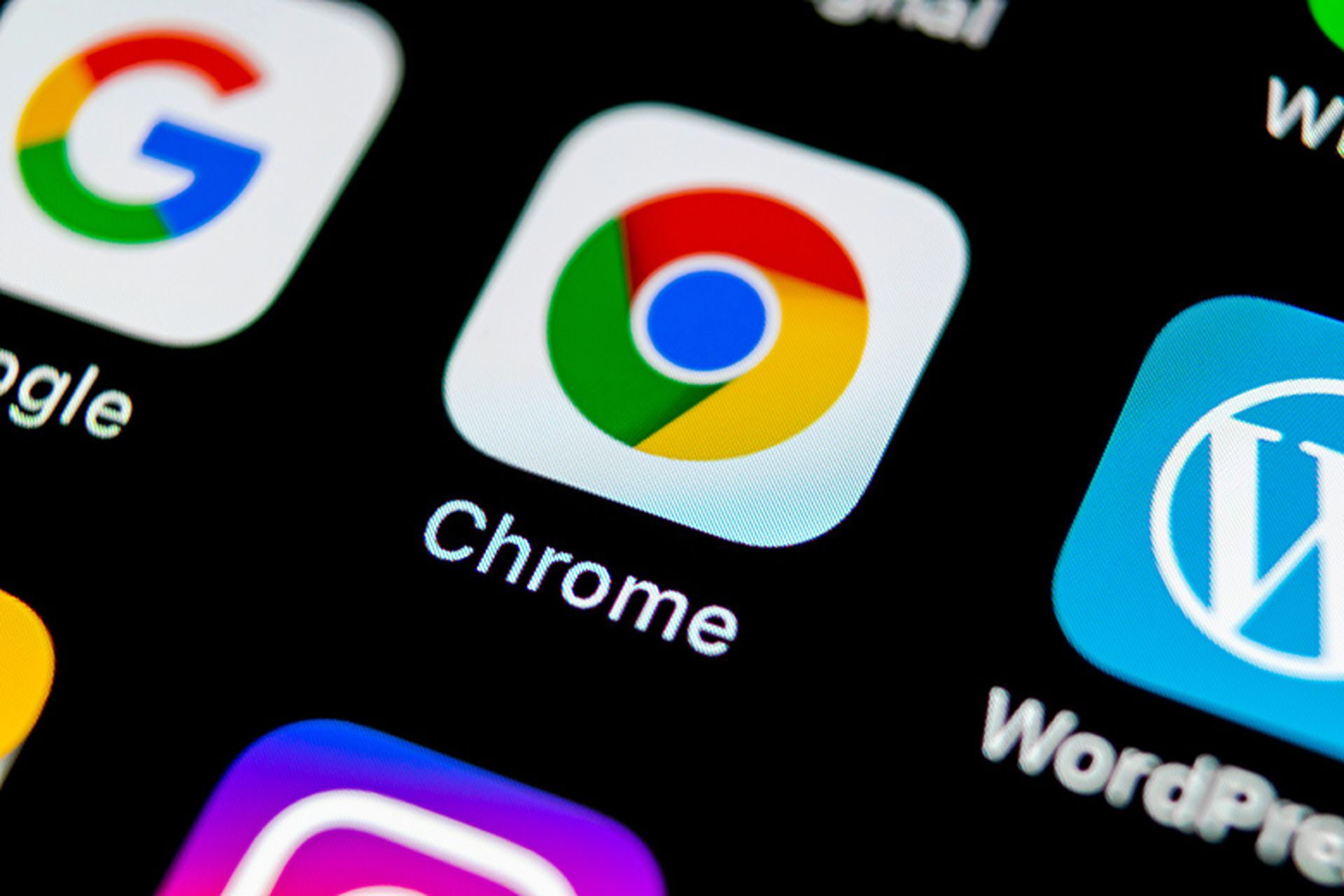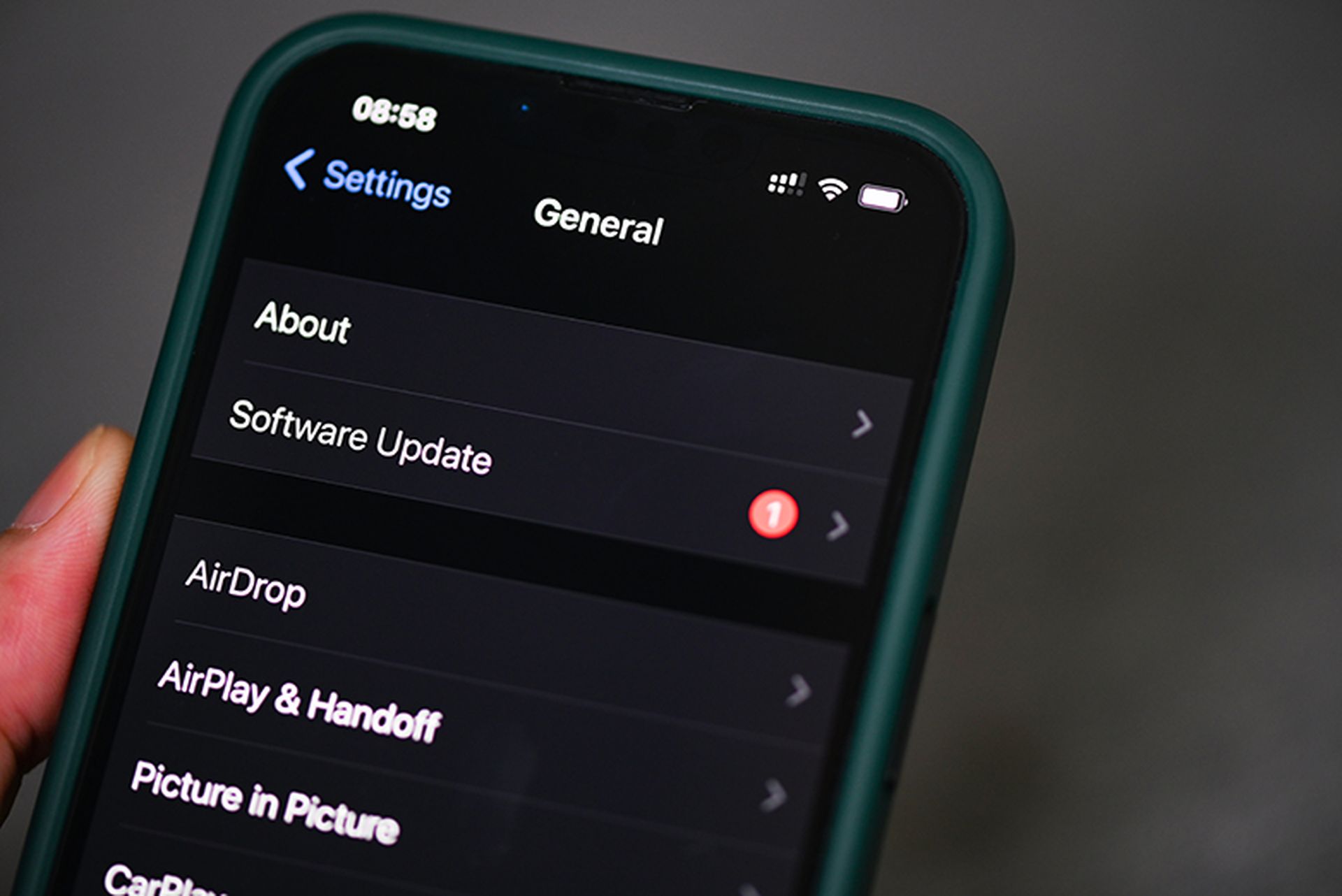Federal agencies have 30 days to remove TikTok from government devices and systems, as well as block all internet traffic from the Chinese-owned company, according to an Office of Management and Budget guidance memorandum first reported by Reuters.
OMB Director Shalanda Young explained in the memo the effort is designed to protect U.S. data. Canada issued a similar ban for all government mobile devices on Feb. 27 due to the “unacceptable level of risk to privacy and security,” as well as TikTok’s data collection methods. The app will automatically be removed and blocked from government-issued devices.
The European Parliament and Commission, as well as the EU Council have also banned the app from staff phones.
The OMB memo joins a bill proposed by House Republicans, HR 1153, which would effectively give President Joe Biden the power to ban TikTok from all devices in the country. The House Foreign Affairs will take up the legislation Tuesday, Feb. 28.
The federal government ban appeared in the $1.7 trillion spending bill introduced in December, which signaled the government’s intention to prohibit TikTok use on most federal devices to allay bipartisan concerns that the app could be used by China to steal data or spread misinformation.
The proposal was preceded by a similar state effort in Maryland that effectively barred state employees from using various Chinese and Russian software and equipment over national security concerns. Kentucky introduced a similar proposal this month.
The new 30-day timeline follows a rise in espionage concerns after multiple Chinese balloons were shot down in U.S. airspace.
Growing concerns of data collection despite TikTok's Project Texas
TikTok has vehemently denied the spying allegations, detailing measures it intended to take to allay concerns about perceived national-safety risks of the social media platform through a proposal called Project Texas.
Project Texas would give U.S.-based Oracle access to the platform’s core tech segments to create a constrained app for use in the U.S. and authorize third-party auditors to verify that the app is, indeed, not sharing consumer data with China or promoting Chinese-backed content.
The project leaders have worked on the effort for nearly two years, with a June 2022 report to Congress detailing its efforts to better comply with U.S. privacy standards and assuage concerns about TikTok.
But that hasn’t stopped the growing congressional effort to ban the app from government agencies, at a minimum.
In a CBS interview late Monday, Rep. Jake Auchincloss, D-Mass., said the Biden administration’s order and the proposed ban should be considered.
“Certainly a tougher stance on TikTok should be on the table.” Auchincloss spoke with a Taiwainese official who supports a similar ban in that country “due to its role in spreading misinformation.”
“We should not be complacent about the cybersecurity threats and also the disinformation and really mental health detriments that TikTok can have on American youth, as well,” Auchincloss added.
The House Foreign Affairs committee will likely vote on the proposed U.S. ban Tuesday, since chairman Rep. Mike McCaul, R-Texas, is the sponsor.
The American Civil Liberty Union blasted the effort, saying it would violate the First Amendment rights of millions of Americans who use the app. Selective bans of platforms “could cut off the flow of information, art, and communication that social media provides, interfering with communities and connections users in the United States have with each other and with people around the world," the group said on Monday in a letter to lawmakers.




